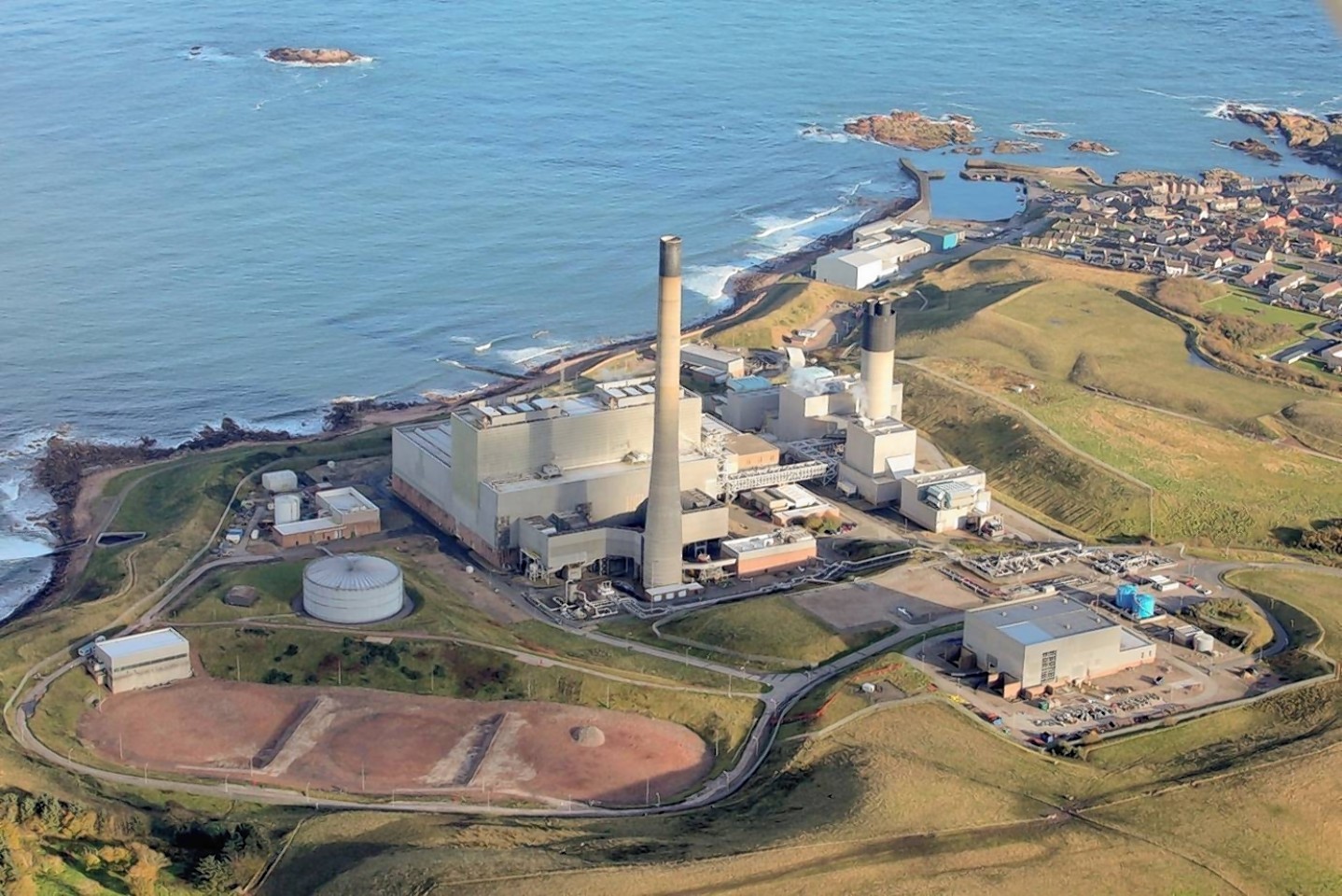A world-leading north-east energy project was on the brink of securing hundreds of millions of pounds last night.
The bid to build the first gas carbon capture and storage (CCS) plant by Peterhead was poised to win up to £1billion from the UK Government after its only rival for the cash withdrew.
The Shell-led project at SSE’s power station at Boddam was one of only two preferred bidders for the huge investment.
The other was a coal-based CCS scheme in Yorkshire led by Drax – but that project collapsed yesterday.
It means that the proposal for Peterhead is the most advanced CCS scheme in the UK and currently the only one that could win the £1billion backing.
Shell confirmed last night that it remained “focussed” and “committed” to its project for the north-east, as well as the Westminster government’s CCS contest.
Scottish Energy Secretary Fergus Ewing and local politicians urged UK ministers to make an “rapid” decision on financial support for the Peterhead scheme.
Construction of the facility at Boddam would create work for about 400 people, rising to a peak of 600.
The development of CCS technology is viewed by many as crucial to reducing harmful carbon emissions over the coming decades, and Shell wants to use the north-east to pioneer the first gas-based system of its kind in the world.
Plans to pump the captured carbon dioxide from Peterhead Power Station to a depleted gas reservoir 62 miles offshore were given a boost last week when geologists approved the North Sea location.
The backing of the British Geological Society came after Aberdeenshire Council granted full planning permission for the on-land infrastructure at Boddam.
Last night, a Shell spokeswoman said: “We are focused on the work we are doing to advance the proposed Peterhead project and remain committed to the UK government’s CCS competition, the outcome of which we expect early next year.”
Local MSP Stewart Stevenson said the withdrawal of Drax could be a “significant boost” for the port.
“Proximity to pipelines to North Sea fields has always meant there was a strong case for Peterhead,” he added.
“Now we should have a rapid decision with their only being one project.”
Announcing the firm’s withdrawal, Pete Emery, Drax Group’s operations director, said: “We are confident the technology we have developed has real potential, but have reluctantly taken a decision not to invest any further in the development of this project.
“The decision is based purely on a drastically different financial and regulatory environment and we must put the interests of the business and our shareholders first.
“We will focus our resources on the areas which we can deliver best value.”
In statement, the UK Department of Energy and Climate Change said: “CCS is set to play a vital role in decarbonising the electricity sector and heavy industry.
“The government remains committed to assisting the development of CCS in the UK and to the CCS competition, continuing to negotiate with the two preferred bidders.”
Mr Ewing said: “The instability in the UK Government’s energy policy is not providing investors’ with the certainty they need to invest in energy technology.
“This is especially necessary when considering investment in innovative technologies such as carbon capture storage.
“The UK Government must provide formative projects like Peterhead and the proposed Caledonia Clean Energy Project the support needed in order to catalyse the huge industrial opportunity and carbon reduction potential which CCS represents to the UK.”
The Caledonia Clean Energy Project could provide another CCS plant in Scotland. A total of £4.2million in funding has already been secured for the scheme from the Scottish and UK governments.
The money will allow Seattle-based Summit Power Group to undertake research and feasibility studies before designing and siting a CCS facility in Grangemouth.
